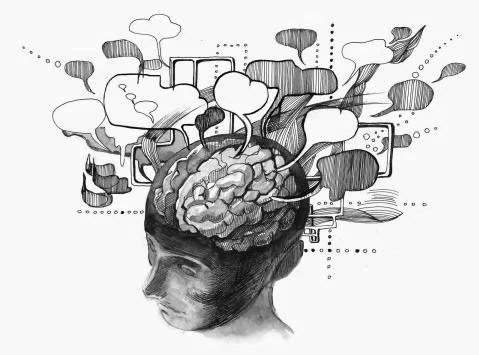A conversation with TherapyRoute answering the question Do I Need Therapy for My Anxiety?
Shorts: EMDR & Anxiety
Anxiety can feel like a storm of worry, fear, and nervousness that is constantly raging within us, leaving us feeling overwhelmed and powerless. While therapy and medication can be effective in managing anxiety, some individuals find that traditional treatments are not enough. The good news is that Eye Movement Desensitization and Reprocessing (EMDR) therapy offers a promising approach to managing and reducing symptoms of anxiety.
In Conversation: Why Narcissistic Tendencies Don't Make You a Bad Person
Shorts: EMDR & Depression
Depression can feel like a dark shadow that constantly hangs over us, leaving us feeling hopeless and helpless. While there are a number of different treatment options available for depression, including medication and psychotherapy, many people find that these approaches do not provide the level of relief they are seeking. For these individuals, Eye Movement Desensitization and Reprocessing (EMDR) therapy offers a promising approach to managing and reducing symptoms of depression.
Shorts: An Introduction to Somatic Therapy
If we were a symphony, our thoughts, feelings and physical sensations would be the instruments whose “sounds” come together to form the music - our moment to moment experience. While a piece of music may have lyrics, it’s so much more than just the words. And likewise, while our day to day experience may have a narrative, it’s so much more than just our thoughts.
Shorts: An Introduction to EMDR Therapy
Difficult, stressful and traumatic experiences can overwhelm the brain’s processing capacities, leaving the memories of such events stored in an unprocessed state in the brain. As a result, the memory becomes “frozen” in time and continues to elicit strong emotions, avoidance behaviours, and other symptoms of distress. EMDR can help with the unfreezing process.
Shorts: The Window of Tolerance
What makes something traumatic for one person and mildly disturbing for another? Why does the idea of public speaking leave one person exhilarated and another paralyzed with panic? Our nervous system has an ideal climate; a Goldilocks zone in which it operates best. This zone is called the Window of Tolerance, and where we are in relation to it has tremendous impacts on our mood, emotional state, and mental capacity.
The T Word
In the realm of mental health, the word “trauma” can invoke a lot of different ideas and associations. There tends to be a general consensus around what is sometime referred to as “Big T” trauma, while there is somewhat less agreement in the realm of “small t” trauma. The difficulty with categorization provides a clue as to how the premise of the question might be flawed.
















